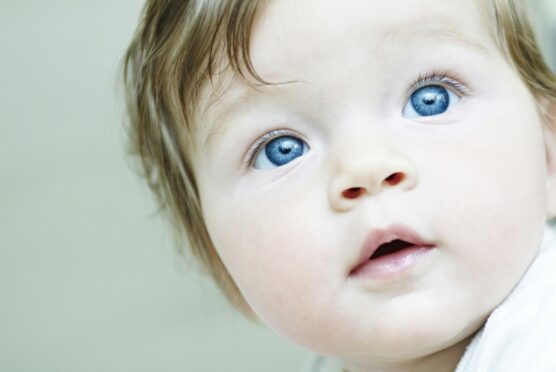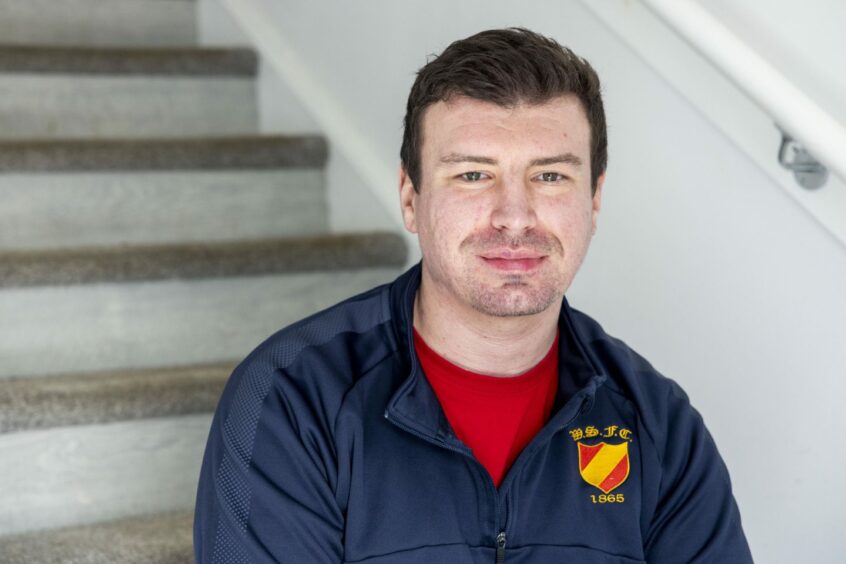
Children with suspected eye cancer faced waiting more than six months to get a crucial diagnosis during the pandemic, research reveals.
The number of children who took more than half a year to receive a diagnosis rose to 24% in 2020 against the 10-year average of 11%, according to cancer charity Childhood Eye Cancer Trust (CHECT).
It says major pressure on the NHS and limited access to in-person appointments with doctors delayed the referral of children with eye cancer to oncologists, adding: “The number of children who took over six months to receive a diagnosis at either of the two UK retinoblastoma centres rose to 24% in 2020 against the 10-year average of 11%, and was the highest figure since the survey began.”
However, the figure for children waiting more than six months dropped in 2021, to 8%.
Young cancer patients diagnosed late are at increased risk of losing their sight, say oncologists.
The charity added: “Lessons have to be learned from those later diagnoses during the pandemic. Any child who develops changes in their eyes, including a white reflection visible in photos, redness or squint, must have a face-to-face appointment with a doctor or optician.”
Morgan Kearney, whose daughter Orla was diagnosed after developing a squint, says early diagnosis must be a priority.
The mother-of-two from Dumfries said: “At 17 months, Orla had a squint for a couple of weeks and, like most parents, we never thought it was cancer. I did get an appointment with our GP and Orla was referred to Dumfries Royal Infirmary, then the Royal Hospital for Children in Glasgow and onto the Birmingham Children’s Hospital.
“Doctors said they would do their best but nothing was guaranteed. Thankfully, she has done well so far. Doctors told us they could save Orla’s left eye so far but not the sight in it. She has undergone six sessions of chemo and laser treatment. Please get a doctor to look at any changes to your child’s eyes.”
The Childhood Cancer and Leukaemia Group (CCLG) says urgent diagnosis of childhood cancers is vital. Ashley Ball-Gamble, CCLG chief executive, said: “Children’s cancer is the biggest killer by disease of children in the UK, and many children can experience long delays to diagnosis, which can have a profound clinical impact. A cancer diagnosis at an advanced stage can mean treatment is less effective and long-term health issues often arise as a result of more intensive treatment and its side effects. Early diagnosis is the best way to ensure the best possible outcomes.”
The Scottish Government said: “We know the earlier cancer is diagnosed the easier is it to treat, and even cure, which is why limiting the impact of Covid-19 on cancer patients has remained a priority. As treatment for conditions such as cancer become more complex and expensive it sometimes becomes necessary to treat cases at specialist centres. We will review the report from the UK Child Eye Cancer Trust and consider its findings.”
Early diagnosis saved my sight, probably my life
A rugby coach has revealed the critical value of early diagnosis of eye cancer after his sight was saved.
Steven Meenagh, 29, was just three-months-old when his mum Liz, noticed a redness in his right eye.
He was diagnosed with eye cancer and underwent surgery to remove the eye before his first birthday.
The rugby development manager at West of Scotland FC Rugby Club, said: “It grieves me that any child would have a delay in cancer diagnosis.
“I lost my eye and of course any sight there, but have managed to forge a career with my love of rugby.
“I have no doubt that early diagnosis saved my sight and probably my life. It stopped retinoblastoma spreading.
“While no one expects children to have cancer, it does happen, and there should be no delay in seeing a doctor.
“As the youngest of four boys I had plenty of support and flourished in rugby when I started playing at 10.”
He uses his experience of overcoming the effects of eye cancer to motivate and encourage children to build their confidence and team playing.
“It gives me great joy to see children thrive in their game.”

Enjoy the convenience of having The Sunday Post delivered as a digital ePaper straight to your smartphone, tablet or computer.
Subscribe for only £5.49 a month and enjoy all the benefits of the printed paper as a digital replica.
Subscribe © Jamie Williamson
© Jamie Williamson